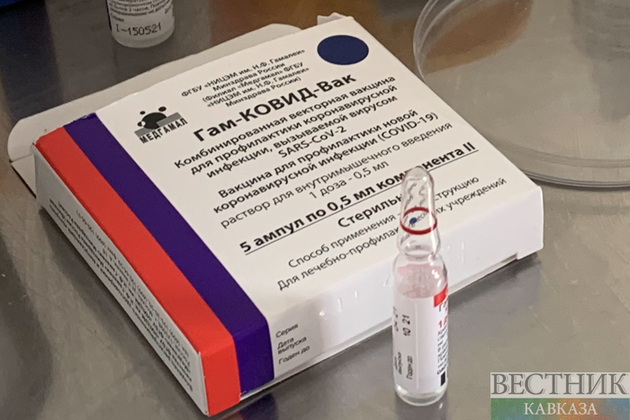Russia is one of the first countries on the planet to have developed vaccines against COVID-19 and is already actively using one them (there are at least four different vaccines being now produced in Russia) - Sputnik V, which has received recognition in numerous countries on all continents as well. But so far this has not happened in the EU, where initially the drug from Russia was perceived with suspicion.
EUreporter reports that although authoritative medical and research sources have long recognized the effectiveness of Sputnik V, which is also produced under license in a number of countries, Europe is not in a hurry to approve the vaccine, setting up a possible positive solution with various conditions and reservations, writes Alexi Ivanov, Moscow correspondent.
As usual, politics also intervened in the matter. Sputnik V was declared in some European capitals as "Putin's secret ideological weapon" and even a medicine that allegedly undermines the authority of Western manufacturers. There were also scandals, as happened in Slovakia, where a government crisis broke out because of a Russian drug. But there were also other states on the continent that did not wait for approval from Brussels and decided to use Sputnik V. For example, Hungary, where the Russian vaccine is being tried on along with other drugs. Tiny San Marino also decided to use Sputnik V, having received very positive results. But in a number of countries - Ukraine, Lithuania, Latvia, the Russian vaccine is under the strictest ban, mainly based on political considerations.
Unfortunately, due to the lack of approval from the European Medicines Agency, Russian tourists vaccinated with vaccines of Russia production are still banned from entering Europe, which invariably affects the dramatic decline in tourism in the first place.
Moscow, however, is not inclined to dramatize the situation and is determined to wait until Europe is ready to give the "green light" to drugs from Russia. The Russian Ministry of Health with the support of the Foreign Ministry is conducting a substantive professional conversation with the European Union on the mutual recognition of vaccination certificates, said the head of the Russian diplomacy Sergey Lavrov. "There seems to be a political will demonstrated, recited. Certain technical and legal issues are being resolved, including the need to ensure the protection of personal data, to ensure the technological compatibility of procedures," the minister said in one of the comments.
The Minister stressed that Moscow is ready to continue a pragmatic dialogue and expects that there will be no delays on the European side "with a sign of politicization." In the European Union, since July 1, a system of COVID certificates has been operating, which are issued to those who are vaccinated or who have been ill, as well as those who have passed a negative PCR test.
The legislation allows the European Commission to recognize the equivalence of documents issued in other countries. So, in August 2021, this happened with the immunization passports that are issued in San Marino, where the Russian Sputnik V vaccine is available.
At the same time, it has not yet been registered in the countries of the union: the drug has been undergoing a gradual examination procedure at the European Medicines Agency (EMA) since March 2021. The head of the EC, Ursula von der Leyen, said that the supplier has not yet provided "sufficiently reliable security data", although Moscow claims that all the documents are already at the disposal of the regulator.






